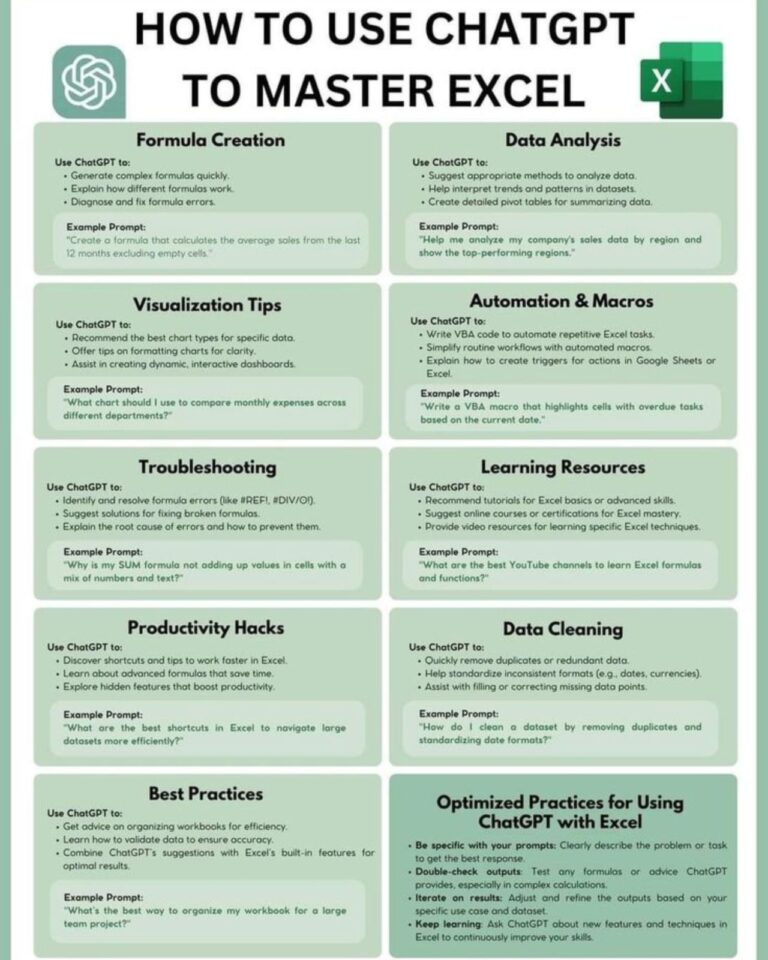Shein has rapidly transformed from a little-known Chinese retailer into a global fast fashion powerhouse. With a valuation soaring into tens of billions, Shein’s success is not just about low prices or trendy clothes — it’s a masterclass in AI-driven business model innovation.
Here’s how Shein’s smart use of artificial intelligence (AI) has redefined fast fashion and given it a massive competitive advantage.
1. AI-Powered Trend Forecasting: Spotting Fashion Before It Goes Viral
One of Shein’s biggest strengths is its ability to predict fashion trends faster than anyone else.
Using AI algorithms, Shein constantly analyzes millions of data points across social media platforms like TikTok, Instagram, and Pinterest.
It tracks emerging trends, viral styles, influencer endorsements, and customer preferences in real time.
Unlike traditional brands that rely on seasonal planning, Shein uses AI to spot micro-trends early — and then moves from idea to production within days, not months.
This speed allows Shein to always stay one step ahead of competitors.
Keyword focus: AI in fashion trend forecasting, Shein trend prediction
2. Agile Supply Chain: Data-Driven On-Demand Production
Shein’s supply chain is built on data and AI rather than bulk guessing.
Instead of producing tens of thousands of units upfront, Shein initially produces small batches (as few as 100 pieces per design).
AI tools monitor early sales performance and customer feedback. If a product sells well, Shein immediately scales up production. If not, it quietly disappears from the catalog.
This test-and-scale model dramatically reduces inventory waste, minimizes unsold stock, and keeps customers coming back for fresh new choices.
Keyword focus: Shein agile supply chain, fast fashion inventory management, on-demand production
3. Hyper-Personalized Shopping Experience: AI Knows What You Want
Shein doesn’t just attract buyers — it engages them deeply.
By using machine learning and customer data analytics, Shein personalizes each user’s experience:
- Customized homepage feeds
- Tailored product recommendations
- AI-driven style suggestions based on browsing and purchase history
This hyper-personalization increases the time users spend browsing — leading to higher conversion rates and bigger basket sizes.
Keyword focus: Shein personalized marketing, AI in customer experience
4. Lightning-Fast Product Launches: A New Retail Rhythm
Traditional fashion retailers plan collections six months in advance.
Shein, powered by AI and real-time data, launches up to 6,000 new products every day.
Their AI-driven systems help:
- Shortlist designs quickly
- Predict demand accurately
- Optimize production scheduling
- Reduce launch risks
This relentless innovation keeps Shein’s online catalog constantly exciting — ensuring customers check back frequently, a major reason for its strong repeat purchase rate.
5. Challenges Behind the AI Success
While Shein’s AI-powered model drives incredible success, it’s not without controversy:
- Environmental concerns: Frequent launches and polyester-heavy products contribute to sustainability issues.
- Labor practices: Reports have surfaced regarding working conditions in Shein’s supply chain.
- Intellectual property lawsuits: Designers accuse Shein of using AI scraping tools to copy designs.
Despite these challenges, Shein continues to dominate, with AI firmly embedded at the heart of its business strategy.
Keyword focus: Shein environmental criticism, Shein labor issues, fast fashion sustainability challenges
Conclusion: AI as the New Engine of Fashion
Shein’s meteoric rise shows that AI is not just a tech tool — it’s a business model strategy.
By combining data, speed, personalization, and agile production, Shein has disrupted traditional fast fashion and created a new blueprint for success in the digital age.
As AI continues to evolve, expect Shein — and new challengers — to keep pushing the boundaries of what’s possible in retail.





